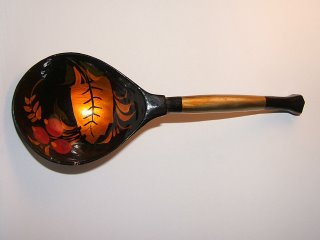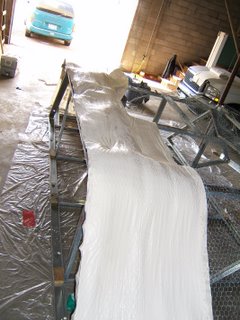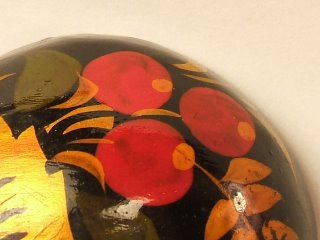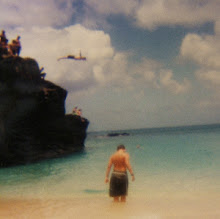OK, so the weekend is over already. I was busy working on a tomb. It's part of a set for a Christmas presentation. It is almost twenty feet long, nine feet high, and four feet wide. It has to be constructed so that three or four men can carry it without getting a hernia. And it has to look like a cave. Sometime this week I will take a photo of what I have so far. And then I will post progress photos, OK?
Now for the K word. I was tempted by KUKUI and KIKUYU. The first one is a really oily nut that grows in Hawai'i and the second is the name of one of the more dominant tribes in Kenya. But are you going to use either of those in conversation? Choosing a K-word is difficult because so many of them are foreign. The one that I chose is
KEPI [kay-pee]. It's foreign, too, but you are sure to run across it if you work crossword puzzles. A képi is a round cap with a flat visor worn by the French military. (It actually comes from the same root as "cap.") The main reason I picked this word is due to its appearance in a wonderful poem by Jacques Prévert.
J'ai mis mon képi dans la cage
et je suis sorti avec l'oiseau sur la tête
Alors
on ne salue plus
a demandé le commandant
Non
on ne salue plus
a répondu l'oiseau
Ah bon
excusez-moi je croyais qu'on saluait
a dit le commandant
Vous êtes tout excusé tout le monde peut se tromper
a dit l'oiseau.Translation:
I put my cap in the cage and went out with the bird on my head.
"Hey, are we no longer saluting?" asked the major.
"No, we are not saluting any more," answered the bird.
"Oh well, excuse me. I thought we were saluting," said the major.
"You are entirely excused. Anyone can make a mistake," said the bird.





 One morning while we were living in Oregon, I answered the doorbell to find a Hasidic Jew on the front step. He had the curls at his temples and a yarmuka, but he really didn't look all that Jewish. As it turned out, he was the son of our across-the-street neighbors. It seems that in his high school days, he had gotten offended by the Assembly of God church where they worshiped and had set off on a quest for meaningful religion. His quest ended with a move to Israel where he converted to Judaism and married a nice kosher girl.
One morning while we were living in Oregon, I answered the doorbell to find a Hasidic Jew on the front step. He had the curls at his temples and a yarmuka, but he really didn't look all that Jewish. As it turned out, he was the son of our across-the-street neighbors. It seems that in his high school days, he had gotten offended by the Assembly of God church where they worshiped and had set off on a quest for meaningful religion. His quest ended with a move to Israel where he converted to Judaism and married a nice kosher girl.
